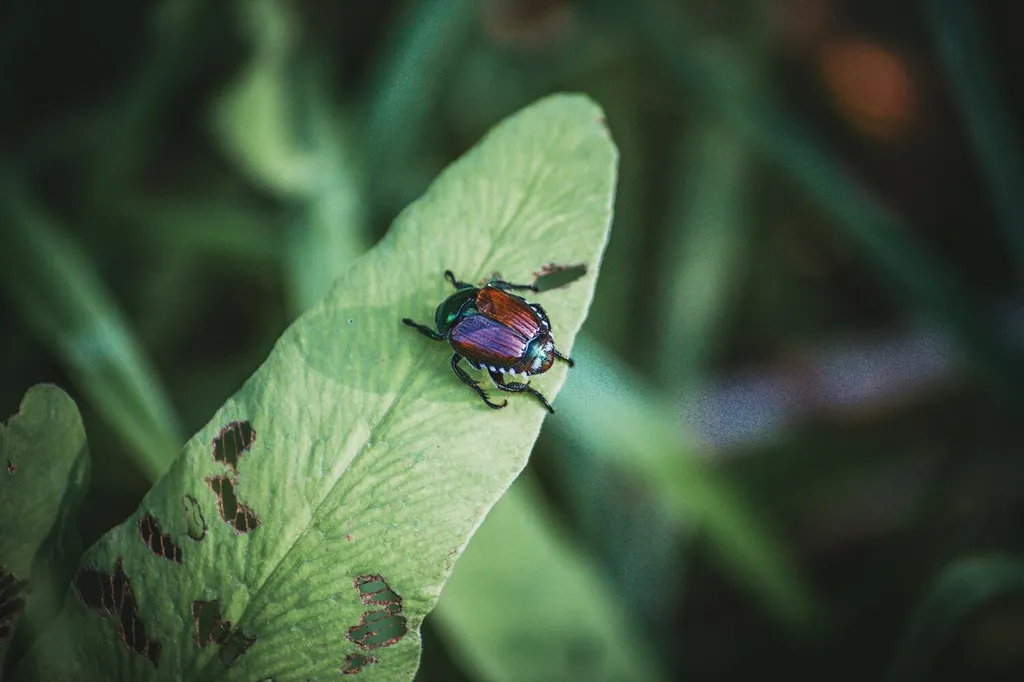In the heart of South Korea, at Yeungnam University, a groundbreaking study led by Wajid Zaman is unlocking the potential of nanomaterials to revolutionize sustainable agriculture. The research, published in the journal *Nanomaterials* (which translates to *Nano Materials* in English), explores how nanofabrication techniques can enhance plant-microbe interactions, offering innovative solutions to improve crop productivity and soil health.
Zaman and his team delve into the unique properties of nanomaterials—such as high surface area, tunability, and reactivity—which make them ideal for various agricultural applications. “Nanomaterials offer a transformative approach to agriculture,” Zaman explains. “Their ability to deliver nutrients precisely, support microbial inoculants, and monitor environmental conditions opens new avenues for sustainable farming practices.”
The study highlights several key nanofabrication techniques, including top-down and bottom-up manufacturing, electrospinning, and nanoparticle synthesis. These methods are crucial for creating controlled release systems and microbial inoculants that optimize plant growth and soil health. For instance, electrospun fibers and nanocoatings can enhance seed protection and promote beneficial microbial interactions, while nanosensors provide real-time insights into the biochemical dynamics of plant-microbe systems.
One of the most compelling aspects of this research is its potential to integrate nanosensors for detecting pH, reactive oxygen species, and metabolites. This capability offers real-time data that can be applied to precision farming, allowing farmers to make informed decisions that enhance crop health and nutrient efficiency.
The commercial implications for the energy sector are significant. As the world shifts towards sustainable agriculture, the demand for innovative technologies that improve crop yields while minimizing environmental impact will only grow. Nanomaterials, with their ability to enhance soil health and plant productivity, could play a pivotal role in meeting these demands.
However, the study also addresses critical environmental and safety considerations, including biodegradability, nanotoxicity, and regulatory concerns. “While the potential of nanomaterials is immense, it is essential to ensure their safe and sustainable use,” Zaman notes. “This involves addressing issues related to biodegradability and nanotoxicity to mitigate any potential risks.”
The research underscores the transformative potential of nanomaterials in sustainable agriculture, offering a glimpse into a future where advanced technologies enhance crop health, nutrient efficiency, and environmental resilience. As the agricultural sector continues to evolve, the integration of nanotechnology could pave the way for more efficient and sustainable farming practices, ultimately benefiting both farmers and consumers alike.

